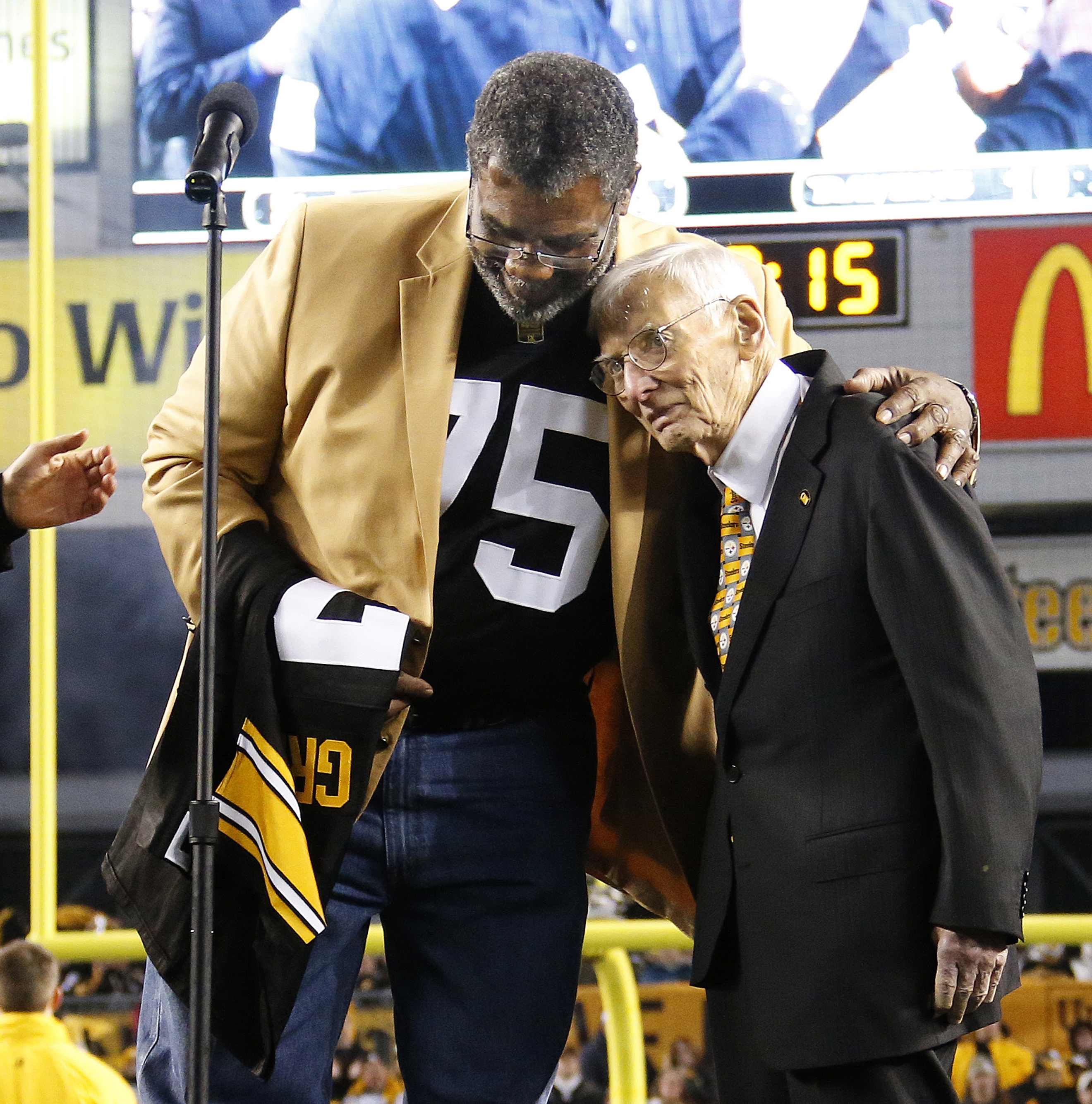

According to the Entertainment Software Association “65 percent of American households are home to at least one person who plays video games regularly, or at least three hours per week.”
By Craig Taylor | Staff Writer
Gamer. It’s a word that is so common among video game enthusiasts and gaming media that few people even think about. Most would simply define the word as “someone who plays video games.” But in 2017, what does that mean?
Is the mom who plays “Candy Crush” on her iPhone every night after work just as much of a “gamer” as the twenty-something who kicks back and shoots the breeze with his friends on “Call of Duty?” Or, is the moniker “gamer” reserved for the hardest of hardcore, who live and breathe gaming and pre-order every $150 special edition at their local GameStop?
Truthfully, each of these is an example of people participating in the same entertainment to differing degrees. They are all enjoying games in their own way, yet the idea that video games can only be enjoyed by a certain type of reclusive, antisocial person continues to perpetuate.
Now, are there more pressing issues within the video game industry? Absolutely, but in order for video games to permeate into mainstream culture the way many in the gaming industry hope it one day will, the g-word needs to be eliminated, as it reinforces a social divide between “gamers” and “normal people” that does not exist.
One of the chief uses of the word is in careless writing, and some members of the gaming press have taken a stand against it. On his former editorial web series, “The Final Bosman,” video game journalist Kyle Bosman had a list of words the he didn’t allow himself to say, one of them being “gamer.” His reason was that when writers use the word “gamer,” they could just replace it with the word “person,” and it would mean the exact same thing in almost every context.
For example, in an article about the midnight launch of a new title, one might see the headline, “Gamers Wait for Midnight Release,” instead of just, “People Wait for Midnight Release.”
Comparing games to other media, there’s no equivalent label for fans of music, movies or television shows, at least to the degree that the word “gamer” is used. Someone who loves cinema and studies the craft isn’t labeled as a “filmer,” nor is there a popularized word in music reserved for people who study the intricacies of music theory. So why is there a distinction for video games?
Because it points to a deep-seated belief that people who love video games are fundamentally different. If there’s a scandal or controversy, it’s always commented that “gamers” were upset, presuming that whatever the news was, is way too complicated, nerdy or otherwise unrelatable for “normal” people to understand. But that’s such an antiquated idea, and it’s one that mainstream news and games media unknowingly allow to continue.
The majority of people who play games don’t exist in a vacuum, so consumed with their hobby they have no semblance of the outside world. Admittedly, those people do exist, however there’s plenty of sports, car and music enthusiasts who also exhibit that type of behavior without stigma. “Nerds” (for lack of a better term) exist in every hobby, but somehow it’s gaming whose posterboy is the pasty teen that lives in their mom’s basement eating Doritos and drinking Mountain Dew.
And while the term ought to be eliminated to improve the perception of people who play video games, more importantly, the g-word stunts the growth of the industry by creating a barrier that newcomers are intimidated to cross over.
I’ve heard sentiments like, “I think games are interesting, but they’re just too complicated to get into,” or, “I respect the hobby, but it just seems like too much to get into.” While it’s true these people might not enjoy games even if they tried them, it doesn’t help that they feel like their legitimacy as a “gamer” will be questioned if they’re not on the same knowledge level of someone who has been studying the industry for ten or more years. It speaks to this idea that being a “gamer” is a common experience with a linear path of expertise, when in reality, it’s an incredibly multifaceted, diverse network of communities interested in the artistic, tech or cultural side of gaming.
Now realistically, there are far more insidious words that Americans need to eliminate from their vocabulary, so I can understand how complaining about something as innocuous as this seems silly. But if you’re talking about games and wondering what to call those who devote their free time to one of the fastest-growing entertainment industries in the world, why not try the word “people?”



